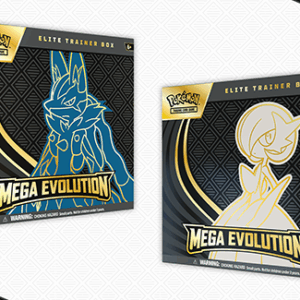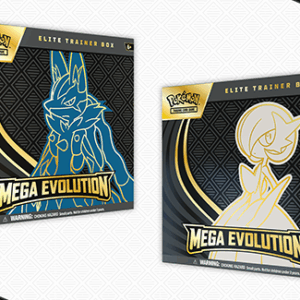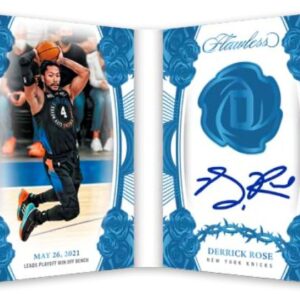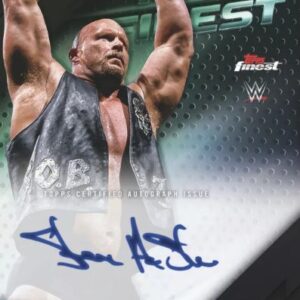In a tawdry tale of sports memorabilia fraud that seems better suited for a thriller novel than the collectibles market, the industry finds itself enmeshed in intrigue and scandal in the once-placid town of Westfield, Indiana. The story unfolds with Brett Lemieux, an autograph dealer of considerable notoriety, found dead during a police raid on what must have been a downright dizzying counterfeit operation. His death is listed as a self-inflicted gunshot wound, marking a dramatic chapter in the battle against forgery.
Authorities swooped in with a search warrant tied to what has shockingly turned out to be a multi-million dollar fake sports memorabilia scandal. The Indiana counterfeit saga has reportedly pushed its way into the heart of collections nationwide, allegedly altering the landscape of sports collectibles—a market where authenticity is as sacred as a no-hitter or a game-winning touchdown.
This modern fable, which one might find in the mythos of a collector gone rogue, entered the social consciousness through the virtual pages of “Autographs 101” on Facebook. An ominous post attributed to Lemieux confessed to a dizzying cavalcade of forgery, claiming over four million counterfeit pieces moved through the unsuspecting hands of collectors, entailing a jaw-dropping $350 million in sales. These figures, while eye-popping, are met with skepticism; but the cat is out of the bag and collectors are left standing without an umbrella.
Lemieux, it seemed, thrived on the perception of a legitimate enterprise. His business, aptly (or perhaps ironically) named Mister Mancave, claimed to harbor “the largest framed jersey inventory on the web.” A boastful expression, sure, but digging deeper, no physical evidence supports Mister Mancave’s purported Columbus, Ohio existence. Instead, Indiana records show shadowy corporation acts between 2018 and 2023.
From his confessions, Lemieux’s devious operation specialized in the nefarious craft of hologram sticker forgery—those reassuring little tags used by respected authenticator giants like Panini and Fanatics. After basketball legend Kobe Bryant’s untimely passing in 2020, Lemieux purportedly flooded the market with a tidal wave of 80,000 fake Bryant memorabilia items, each sporting a hologram of deceitful charm.
An example of Lemieux’s shameless audacity was an Aaron Judge baseball listed for a cool $399—a steep cut considering Fanatics priced the real McCoy at $699. Such brazen undercutting, cloaked in the guise of legitimacy by fraudulent holograms, both shocked and impressed those observing from the shadows, wondering how they didn’t catch wind sooner.
This debacle has left the holiday foliage of the sports memorabilia industry in the icy grip of doubt. In light of these developments, industry stalwarts like Fanatics have doubled down on their authentication defenses. After fortifying their hologram technology two years ago—a prescient move—they remain locked in collaborative combat with law enforcement and fraud consultants, even enlisting former FBI agents to tighten their defenses against a new wave of impostors.
Still, the question floats in the air like a rogue pop-fly: Is Lemieux’s vaunted $350 million claim an exaggeration? A competitor in the market described it as “impossible,” though others believe damage has been done. Steve Grad, an authority in autograph authentication, emphasizes the perpetually advancing methods of deception like the autopen, which make counterfeiting a remarkable art form. The consequences of Lemieux’s alleged exploits will resonate in dealer discussions for years.
The scandal, while alarming, was not entirely unforeseeable according to certain seasoned collectors. Whispers of Lemieux possessing athlete autographs from figures who had seemingly vanished from the signing circuit served as a premonition to some. Other names peppered throughout Lemieux’s now infamous manifesto, including Indiana’s Dominique Ball and Wisconsin’s Nickolas Litscher, swiftly denied involvement, with Litscher waving the banner of legal action to clear his besmirched name.
Authorities, detectives of commerce and signature, believe Lemieux and his clandestine network paraded under multiple business identities, including Ultimate Sports, Athletes One, Signature Dog, and Mr. Fantasy may as well be All-American Authentics.
As law enforcement presses forward in the fog of investigation, collectors peer at their cherished memorabilia through newly critical lenses. The scandal serves as a cautionary tale about the capricious nature of trust in a market where even a simple signature can conceal layers of fraudulence. A clarion call is sounded throughout the memorabilia world: Collector beware, for the hologram may be but an illusion.






